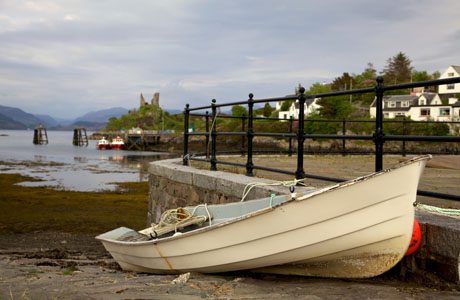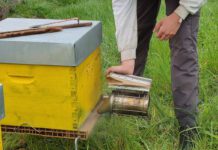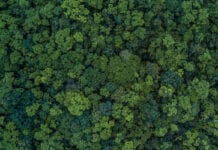
On 21 December environmental organisations welcomed an announcement from the Scottish Government on managing fishing within Scotland’s network of marine protected areas (MPAs). The MPAs include some of the most vulnerable marine wildlife sites in Europe and some of the 30 areas designated in the summer of 2014 as priority areas for the protection of a range of habitats and species including flameshell beds and the common skate. However, until now the areas have been at risk of potentially irreversible damage from some fishing activities. The new proposals for fisheries management in the MPAs will help move the most damaging activities away from sensitive habitats.
Calum Duncan, Convenor of Scottish Environment LINK’s Marine Taskforce and Head of Conservation Scotland for Marine Conservation Society said: “Marine protected areas are a vital tool for protecting and restoring the health of our seas. These management proposals for inshore MPAs and SACs are the result of discussions we have been engaged in for over five years. We welcome the proposals as the first step toward protecting many important areas, enabling ecological recovery and helping to secure healthier Scottish seas for future generations, although concerns remain about some places where bottom-towed fishing will still be permitted.These nature conservation measures must also be part of a broader and more progressive approach to spatial management of fisheries throughout our seas. We now need to continue working with all stakeholders to ensure MPAs fulfil their promise of recovering Scotland’s sea life, both for its intrinsic value and for broader public benefit.”
Stuart Housden, Director of RSPB Scotland said: “The Scottish Government are showing significant leadership with these proposals. By protecting the most important areas of our seas we will not only protect the fantastic marine life we have – species like fireworks sea anemone and maerl – but it will also allow a recovery so that all wildlife and fish populations benefit helping address the needs of conservation and people. Though we are pleased to see these proposals, we also note the absence of similar areas to protect our internationally important seabirds and harbour porpoise. We hope that Scottish government will act to protect these species at sea in order to meet its international commitments and provide a healthy environment for all.”







